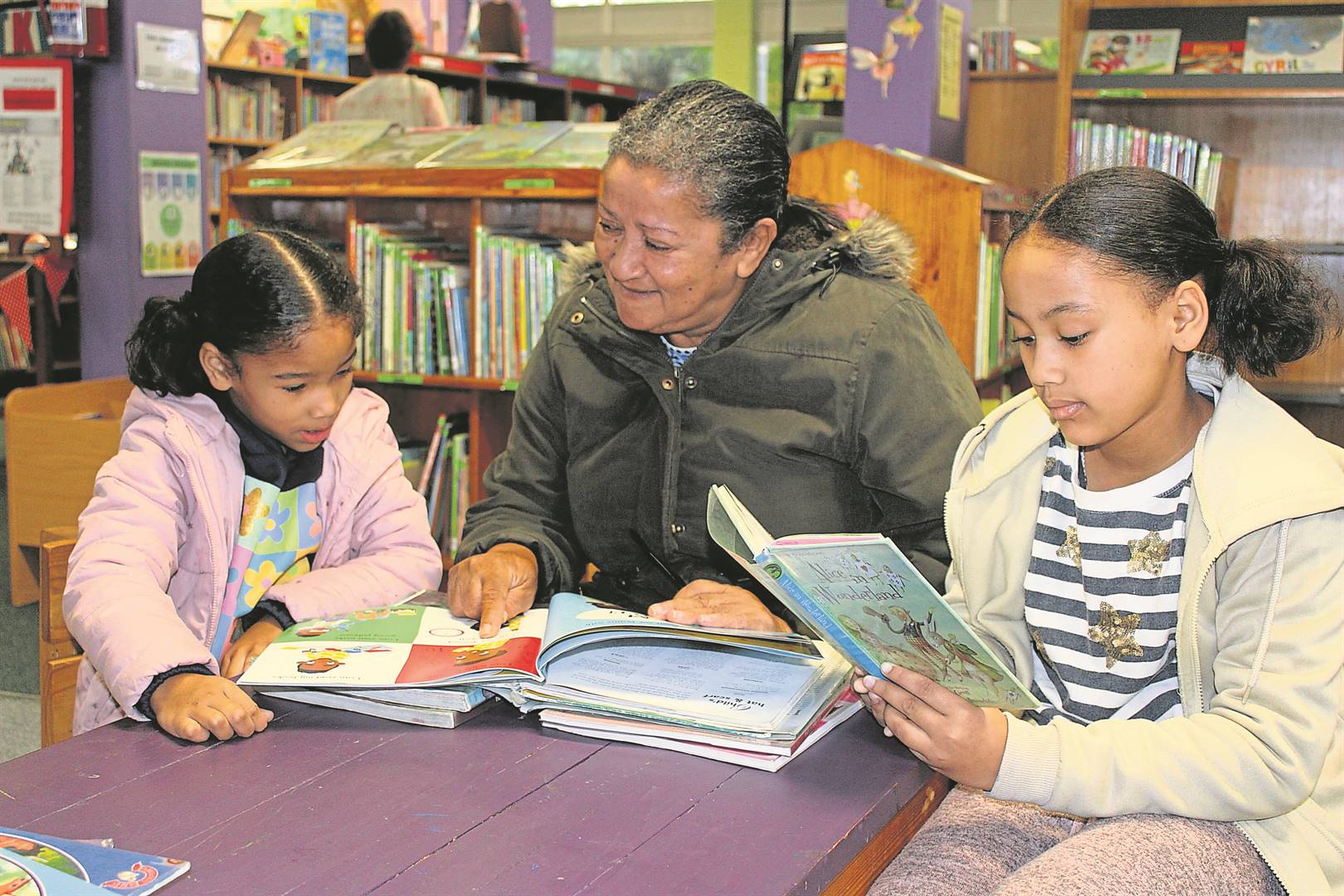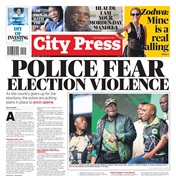
A new national survey reveals South Africans read more than they think: 83% of South Africans read in some way, whether for pleasure, to learn new things or to communicate with others.
Part of the key findings presented in the 2023 National Reading Survey (NRS), launched alongside the National Reading Barometer (NRB) project by the Nal’ibali Trust, the National Library of South Africa (NLSA), and a multi-sector project steering committee in Sandton, Johannesburg, this week, showed that:
- 55% of adults read online materials, which is an increase from 7% in 2016
- 52% of adults who live with children read with them, up from 35% in 2016
- Positive attitudes towards reading and reading with children have increased significantly since 2016.
In what is a fitting indictment on the publishing industry, which has given local languages short shrift, the study shows that 76% of African language speakers who read for enjoyment want to read in African languages, but book access lags demand.
READ: Comrades runner Mpho Ngoepe is racing for literacy, and he's speaking our language
Because of how many people from less privileged backgrounds have been raised and socialised in relation to libraries, it is not surprising that even those who use libraries (58% of adults) do not borrow books from these institutions. It is not a culture that they are used to.
The NRS is a nationally representative survey of 4 250 adults in South Africa aged 16 and older that was weighted by age, race, geography, and socio-economic status.
It investigates what, why and how adults read and prefer to read, and what barriers they face. It also includes questions on reading with children, digital reading, library use and language preferences.
READ: Teacher development, partnerships are key to overcome the literacy crisis
The survey revealed that while reading to some degree is widespread, only about a third of people regularly read books and long texts for enjoyment, while others read short texts mainly or read to communicate. It also found that digital reading has grown rapidly since 2016, but that less avid readers strongly prefer paper.
The number of adults who live in a home with 11-20 books increased to 17%, up from 4% in 2016. Households with more than 20 books increased from 3% in 2016 to 15% in 2023.
More adults are reading with children and believe it’s important, but they don’t have enough children’s books: only 31% of parents said their oldest child owned a book by age five.
READ: Grade 4s can't read: Researchers 'underestimated how deep SA's crisis was'
Presenting the survey findings, Dr Katherine Morse from the Nal’ibali Trust said there's extensive global and South African evidence on the importance of deep reading of books, especially adult fiction, and the positive effect that books have in children's school performance and long-term socio-economic success.
She said: “These forms of reading are important. However, these are not the only forms of reading. The national reading survey defines reading more broadly in ways that are adapted to our 21st-century African context.
“This means taking into account multilingual reading, digital reading, especially by youth and reading for digital communication, including WhatsApp reading. [And] a wide variety of materials, newspapers, religious books and online materials, including materials that are free, or shared or borrowed or otherwise accessible with few economic resources.”
Critics ascribed the parlous results to the fact that the reading culture in many South African homes - especially in the less privileged communities - was absent.




 Publications
Publications
 Partners
Partners









